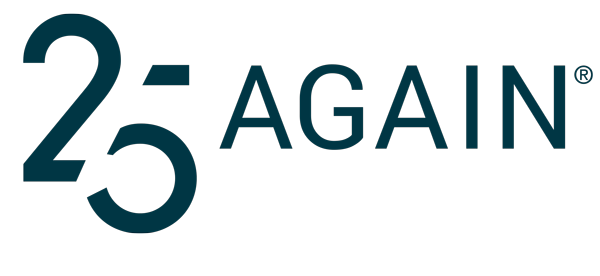Don’t wait until your 40s, 50s, or 60s to start! Taking care of your hormone health in your 20s sets the foundation for a healthier future.
Hormones play a crucial role in our overall health and well-being. They regulate everything from our metabolism to our mood, and keeping them in balance is essential for optimal health. While many people don’t think about their hormone health until they start experiencing symptoms in middle age, the truth is that taking care of your hormones is important at any age – and especially in your 20s.
Here’s why:
Your hormone levels are already changing in your 20s
While we often associate hormonal changes with menopause or andropause (the male equivalent), the reality is that our hormone levels start to shift much earlier than that. For women, estrogen and progesterone levels can start to fluctuate as early as their mid-20s. For men, testosterone levels start to decline gradually from around age 30. By paying attention to your hormone health early on, you can get a head start on preventing or mitigating any negative effects of these changes.
Your lifestyle habits in your 20s can affect your hormone health in the future
Many of the habits we develop in our 20s can have a lasting impact on our hormone health. For example, chronic stress, poor diet, and lack of exercise can all disrupt the delicate balance of hormones in our bodies. By focusing on healthy habits early on, you can set yourself up for a healthier future.
Hormone imbalances can cause a wide range of health issues
When our hormones are out of balance, it can cause a wide range of health issues. For women, this can include irregular periods, fertility problems, and increased risk of osteoporosis. For men, hormone imbalances can lead to decreased libido, erectile dysfunction, and decreased muscle mass. By addressing any hormone imbalances early on, you can prevent these issues from developing or becoming more severe.
It’s easier to prevent hormone issues than to treat them

There is a Rising Trend of Chronic Diseases Among Young Adults
According to recent estimates from the Behavioral Risk Factor Surveillance System (BRFSS), more than half of adults aged 18-34 reported having at least one chronic condition, with nearly a quarter reporting more than one chronic condition. Obesity, depression, and high blood pressure were the most prevalent conditions among young adults. In addition, data from the CDC’s 2019 Morbidity and Mortality Weekly Report revealed that 9% of adults under 35 currently have asthma, and 6% reported arthritis – a condition rarely associated with this age group.
What Is Causing The Upward Trend?
Understanding the causes and implications of the rising rate of chronic diseases in young adults is critical for healthcare professionals to provide effective prevention and management strategies. A range of factors, such as lifestyle choices, genetic predisposition, environmental factors, and social determinants of health, contribute to the development of these conditions among young adults. As such, there is a growing recognition of the need for a more personalized approach to patient care that accounts for diverse risk factors. 25 Again offers a unique concierge care, that is customized to each patient individually.
Finally, it’s important to remember that prevention is always easier than treatment. By taking care of your overall health early on, you can prevent many of the issues that can arise later in life. This can save you time, money, and hassle down the road. Every 20-something should start to care about their hormone health now, rather than waiting until middle age. By focusing on healthy habits, addressing any hormonal imbalances, and taking a proactive approach to your health with 25 Again, you can set yourself up for a happier, healthier future. Preventative care is the new health care, realize you are worth it- before your health issues begin.

